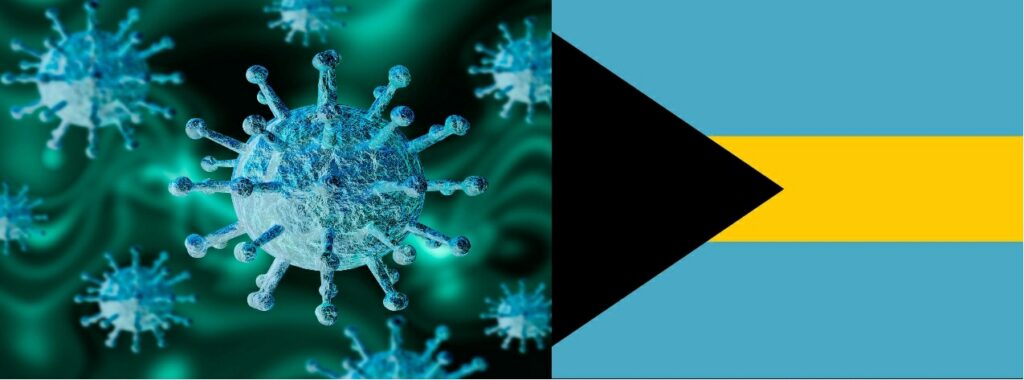
The Minister for health, wellness and elderly affairs, Moses Jn Baptiste, announced that (the) “confinement” part of the COVID-19 protocol is discontinued from March 5, 2022. Also announced were adjustments at a social gathering to 75 fully vaccinated, but not more than 150 persons. Omnibus with not more than three passengers in each row, now forms part of COVID-19 protocols.
To many the adjustments remain complicated, if according to health authorities that the fifth wave of COVID-19 has come to an end, referencing that the epidemiological curve shows a sharp decrease and the number of cases is gradually decreasing.
Travel to Saint Lucia is now deemed – “seamless” – just register and you are ready to go!
Despite the said gains and success, hospitals and embattled health workers have been stretched to breaking point. Suspicions are heightened of people not reporting their positive test results for fear of health care facilities and losing their jobs.
The unvaccinated and the elderly seems at the loosing end of COVID-19 deaths and related deaths. Perhaps the health officials are burdened with the data.
The unprecedented challenge is to largely contain the virus, but still the plan for this is a predictable wild card, while the most vulnerable are still unprotected and the healthcare system is at the edge of collapse.
Moving forward the social and economic activity seems a priority to navigation the hotspots. The low vaccination rate should be a priority to public health including concerns about COVID-19 effects and ways to outweigh the risks of getting the disease.
Many countries, including Saint Lucia, is helpless at the benevolence of others to source vaccines.
The ministry of health, wellness and elderly affairs recently accepted 10, 000 doses of the Astra Zeneca COVID-19 vaccine from the government of the United Kingdom.
National immunization manager Tecla Jn Baptiste, said:
“The donation of this vaccine is timely. It comes at a time when the country has been out of stock for the past month. These vaccines continue to provide life-saving benefits to the people of Saint Lucia and increase[s] availability to the eligible population as part of our national efforts to reach population immunity and help bring an end to this pandemic.”
Saint Lucia has suffered for its complacency with COVID-19 and now, with reportedly low vaccination rates, the “creative elements” of the government is planning mass crowed events, albeit, with precautions, it is also inevitable that they are preparing for another outbreak.
For many, the apparent absence thus far, to a forward plan in an uncertain future is strenuous. Many are growing frustrated while refusing to get vaccinated. The thinking is moronic in the advent of a vaccine that is less harmful to society, helps economic recovery and the well-being of people.
Saint Lucia’s major tourism markets [the pillars of the economy] are well over 75 percent vaccinated and thus allow for more flexibility and scientific-based ideas to contend – taking all necessary measures to contain another outbreak, while liberating the free movement of people, goods and services towards economic recovery.
COVID-19 measures have slowed economic growth. The Russian invasion of Ukraine adds to an increasingly volatile, grave and uncertain future.
Saint Lucia’s economy has been under immense pressure from lockdowns and closed borders. It will remain prone to inflation and fluctuation from external environments and later adjusted economic growth.
While drastic measures will be needed from tax cuts to the banks increasing lending, to the government increasing spending on capital projects and servicing debt; promoting growth based on consumer spending, trade, investment, construction and tourism – there must be people to have an economy.
Thus, while it may be problematic to be free of COVID-19, public health strategies should be a primary concern for the epidemiologist and the chief medical officer, to not open the door blindly, to an unpredictable global epidemic.
As noted previously, “early warning and immediate response systems require prevention mechanisms, decontamination and communication measures, critical to limit exposure to inadequate treatment and help curtail widespread transmission.”
The population should not be left vulnerable to future variants. Moreover, public health policy that is erratic has repeatedly led to deadly consequences.